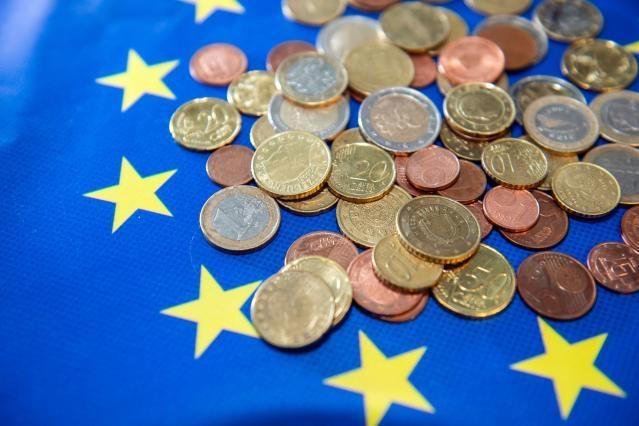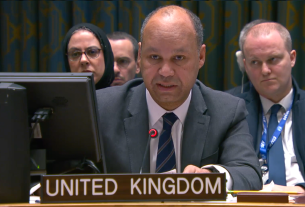The Commission has reported on the progress of Bulgaria, Czechia, Hungary, Poland, Romania, and Sweden towards adopting the euro. The euro is the official currency of 20 EU countries which collectively make up the euro area, also known as the eurozone. All EU countries, except Denmark, have legally committed to join the euro area. The 6 countries mentioned above are currently working towards that goal.
The Commission’s assessment is based on specific criteria, including price stability, sound public finances, exchange rate stability, and long-term interest rate convergence. It shows progress in all 6 countries. However, none of them currently meet all the criteria for joining the euro area.
The 2024 convergence report outlines which criteria each country has fulfilled so far:
- Price stability: fulfilled by Sweden
- Public finances: fulfilled by Bulgaria and Sweden, Czechia is expected to fulfil it
- Long-term interest rate: fulfilled by Bulgaria, Czechia and Sweden
- Exchange rate: fulfilled by Bulgaria
These progress reports are issued every 2 years, or upon a specific request from an EU country to assess its readiness to join the euro area. On that basis, the Council of the EU decides whether a country fulfils the conditions to adopt the euro. The latest country to join the euro area was Croatia in 2023.
The euro is the second most-used currency worldwide with almost 350 million people using it every day. According to a recent survey, the majority of citizens in non-euro area Member States believe that introducing the euro would have positive consequences for their own country and them personally. Overall, 58% of respondents were in favour of their country introducing the euro.
For more information
Press release: Convergence Report reviews Member States’ progress towards joining the euro area



